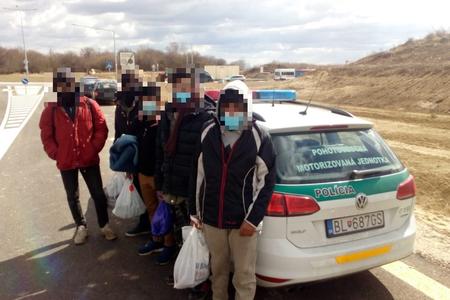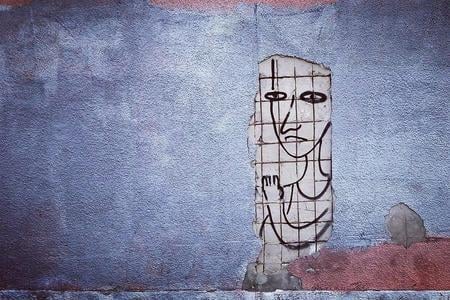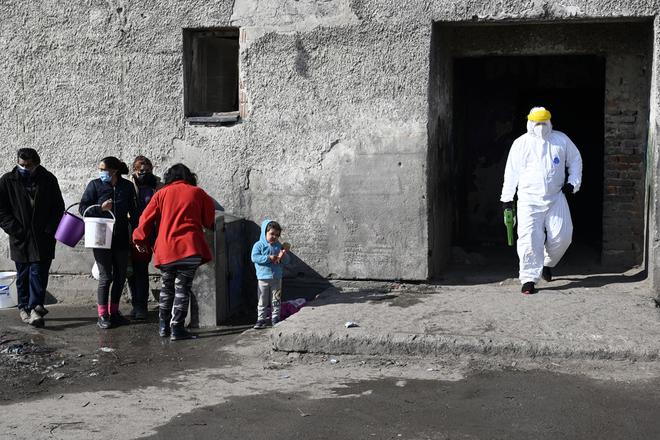Discrimination against the Roma remains prevalent. The European Court of Human Rights ruled in favour of two Roma victims of police brutality. A bill restricting access to abortion was rejected by parliament.
This is a summary of the Amnesty International Report 2020/2021 on the state of human rights in Slovakia.
Roma discrimination
Anti-Roma prejudice and discrimination remained prevalent during this past year as Roma communities were stigmatised as a public health threat during the Covid-19 pandemic, the report reads.

“The authorities targeted Roma settlements with disproportionate and discriminatory measures in response to the Covid-19 virus,” the report says.
In April, the authorities tested residents of some Roma settlements for Covid-19 with the assistance of the army and ordered the mandatory quarantine of five Roma settlements on the grounds of public health.
Residents were not promptly informed of the duration and conditions of the quarantine. Inadequate access to water and sanitation in informal Roma settlements and a lack of adequate alternative accommodation are long-standing problems that were not sufficiently addressed by authorities in their response to Covid-19, making compliance by the community with public health recommendations much more difficult.
Excessive use of force
Complaints of excessive use of force and ill-treatment by police against Roma continued. In May, the Interior Ministry opened an investigation into allegations that a police officer beat five Roma children who had briefly left an area under mandatory quarantine in the village of Krompachy.

In January, the European Court of Human Rights ruled in favour of a Roma boy who was subjected to ill-treatment by police in 2015 and criticised the authorities’ failure to effectively investigate his complaint. In March, the court formally requested a response from Slovakia regarding the alleged ill-treatment of six Roma boys in a police station in the city of Košice in 2009.
In September, the court ruled that two Roma residents of the settlement of Moldava nad Bodvou had been subjected to inhumane treatment during a police operation in June 2013 in which over 30 people were injured. The court also found that the authorities violated the prohibition on discrimination by failing to investigate alleged discrimination in the planning of the operation.
Rights of women and girls
Another topic brought to the spotlight by the reports was an increase in violations of women’s rights, often under the guise of protecting religious or traditional values, according to the report.
“Although Slovakia remains a signatory of the Convention on preventing and combating violence against women and domestic violence, parliament has refused to ratify it and in February voted to reject the Convention altogether,” the report reads.

Organisations that address violence against women reported an increase in domestic violence following the outbreak of the Covid-19 pandemic.
The Public Defender of Human Rights Mária Patakyová expressed concerns regarding women’s access to safe and timely sexual and reproductive health care during the pandemic. Some health care providers suspended abortions, referring to a government requirement to postpone nonessential operations in response to Covid-19.
In October, parliament rejected a bill that would have imposed new barriers on access to abortion and thereby endangered the health and wellbeing of women and girls.


 Disinfection of settlement in Sečovce (source: TASR)
Disinfection of settlement in Sečovce (source: TASR)